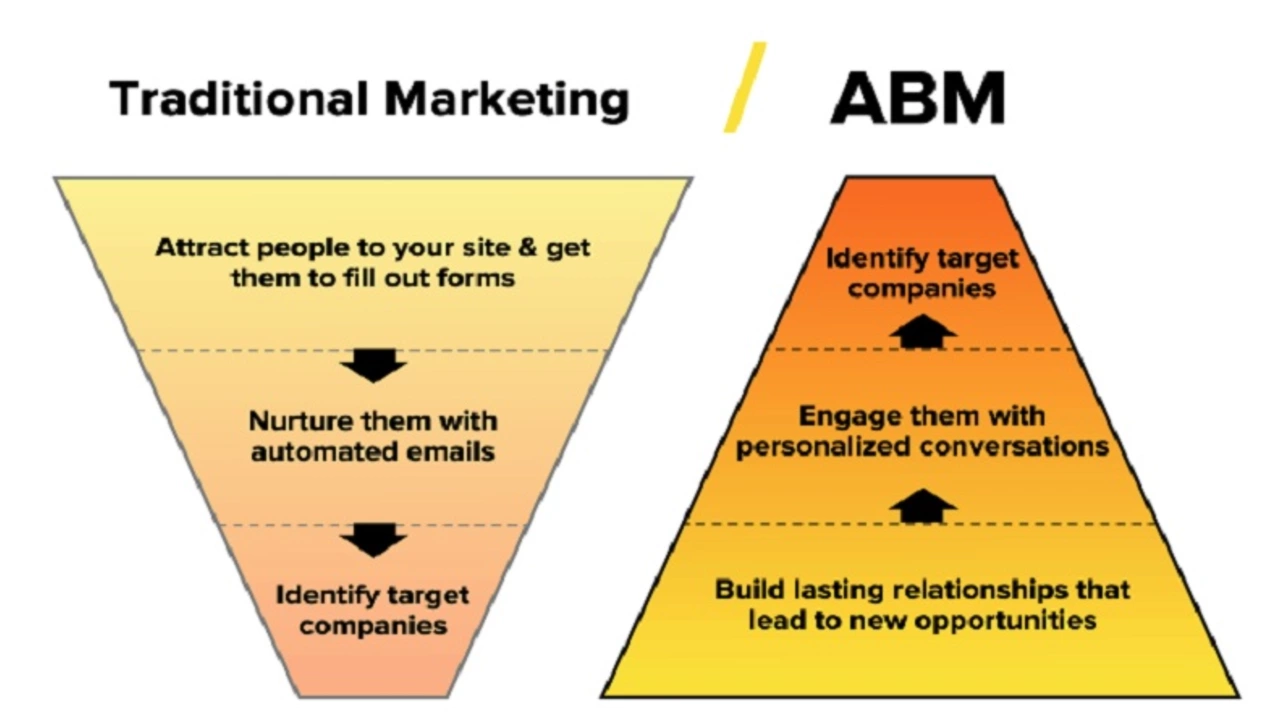Understanding the Standard High School Sports Eligibility
In most high schools across the United States, the standard eligibility for participation in sports is four years, starting from grade 9 to grade 12. This rule is in place to ensure fairness and to maintain the integrity of high school sports. These years are considered the most formative period in a student’s life and high school sports are designed to offer an equal and competitive platform for all students. However, there are instances and circumstances where a student might be eligible to play high school sports for more than four years.
Exceptional Student Athletes: A Closer Look
Sometimes, student athletes who are particularly gifted have the chance to start their high school sports career earlier than their peers. These students usually demonstrate exceptional athletic skills at a very young age. Some states allow 8th graders to play at the high school level if they display extraordinary talent. However, these cases are quite rare and are always subject to strict regulation and monitoring to ensure fairness in competition.
Redshirt Years and Super Seniors
In some instances, students may be given an extra year of eligibility due to injuries, academic issues, or other extenuating circumstances. This is often referred to as a 'redshirt' year. Similarly, there are 'super seniors' who repeat their senior year for various reasons. However, it is important to note that this extended eligibility is not guaranteed and is subject to the rules and regulations of the state athletic association.
Postgraduate Years: An Additional Year?
There are some private schools in the U.S that offer what is known as a 'postgraduate' year. This additional year after grade 12 provides students an extra year to improve academically or athletically before they enter college. This means they could potentially participate in high school sports for five years instead of four. However, this extra year does not count towards NCAA eligibility in college sports.
Home-Schooled and Non-Traditional Students
Home-schooled students or those in non-traditional schooling situations can also have different eligibility rules. In many states, home-schooled students are allowed to participate in public school sports. If they begin their high school curriculum earlier or later than the traditional age, their sports eligibility timeline can be different.
Transfers and Eligibility
Students who transfer schools during their high school careers might also encounter unique eligibility situations. Most states have rules in place to prevent 'school shopping' for athletic purposes, but there can be exceptions for valid reasons such as a family move. It's crucial to understand these rules as they can potentially affect the number of years a student can participate in high school sports.
Understanding NCAA College Sports Eligibility
It's important to remember that while you may be eligible to play sports for more than four years in high school, this does not extend to NCAA college sports. The NCAA generally provides student-athletes with four years of eligibility across a five-year period. Any participation in high school sports beyond the standard four years could potentially affect college eligibility.
Seeking Guidance
If you're considering extending your high school sports career beyond four years, it's essential to seek guidance from school administrators, athletic directors, or state athletic associations. They can provide valuable advice and ensure you're not jeopardizing your future eligibility for college sports. Remember, each state and school might have different rules and regulations, so always check with the appropriate authorities.






